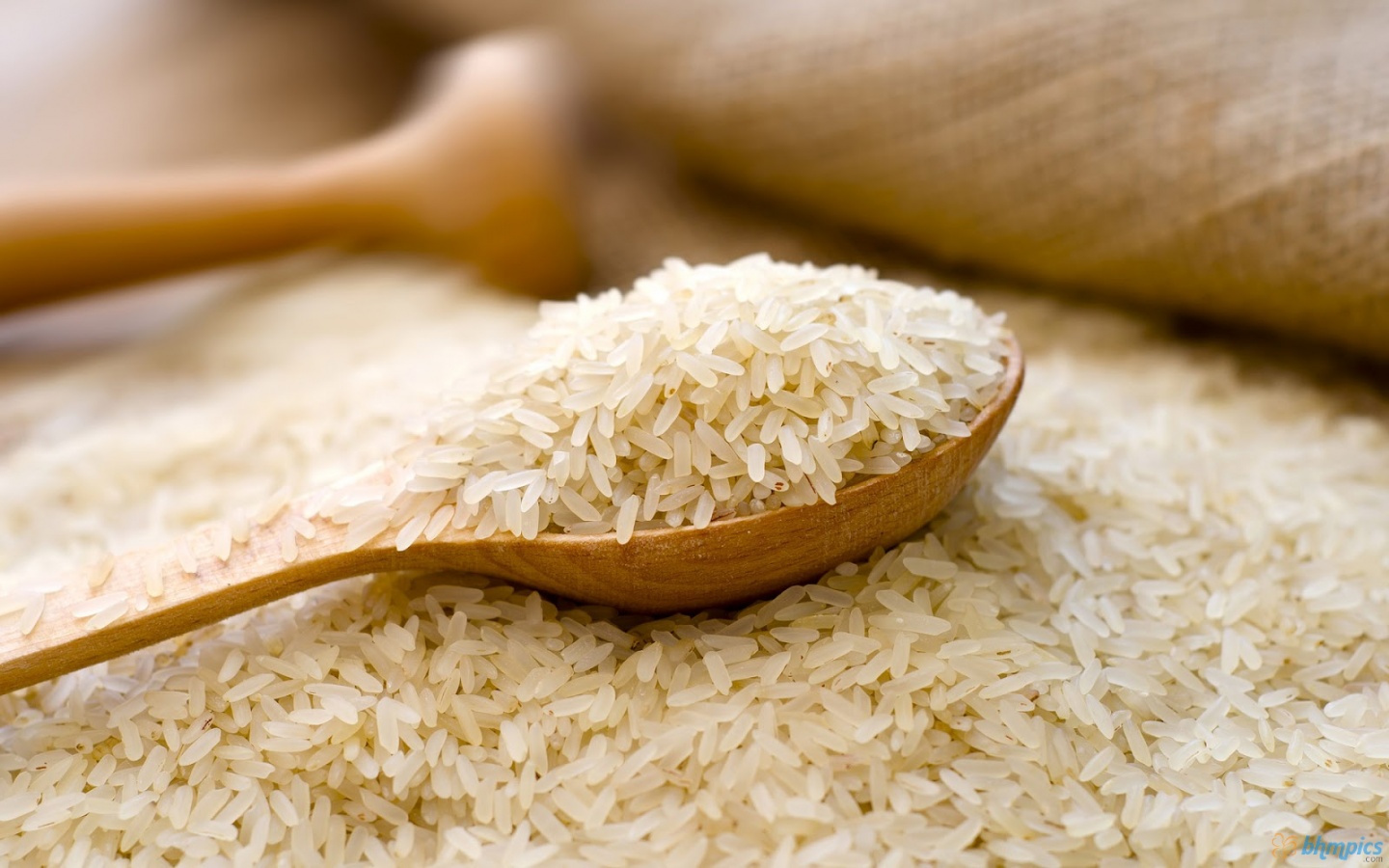Nigeria, Burkina Faso, Ghana and Tanzania are to benefit from the $3.3 million grant provided by Bill and Melinda Gates (BMGF) and German Development Cooperation (BMZ), under their Competitive African Rice Initiative (CARI) project.
The implementing institutions of the grant are GIZ, Technoserve, the John A. Kufuor (JAK) and Kili Trust (KT).
The project, which will end in 2017, is targeting about 120,000 small scale rice producers, secondary beneficiaries are the rural service providers and rice millers.
The initiative is aimed at improving their sourcing capacity of quality supply.
Speaking on the establishment of the Nigeria/ECOWAS Rice Sector Policy and Regulation Advocacy Platform in Abuja, CARI’s project coordinator, Mr. Stefan Kachelriess-Matthess said “The projects are implemented at two levels of support, we support up to 40 percent of implementation cost and our Nigerian partners in the private sector have to provide 60 per cent of the implementation cost.”
Special Adviser to President Goodluck Jonathan on the New Partnership for Africa’s Development (NEPAD), Mrs. Fidelia Njeze, who was represented by Mrs. Jael Kpatuwak also added that “this focus on rice commodity is most strategic for Nigeria and the West African sub-region which imports close to 50 percent of rice from foreign countries outside the shores of the African continent.
“In the last couple of years, Nigeria spent approximately N1 billion daily on rice importation. This has led to the export of our jobs and financial resources meant for the transformation of the domestic rice sector in order to achieve self-sufficiency and exports.”

